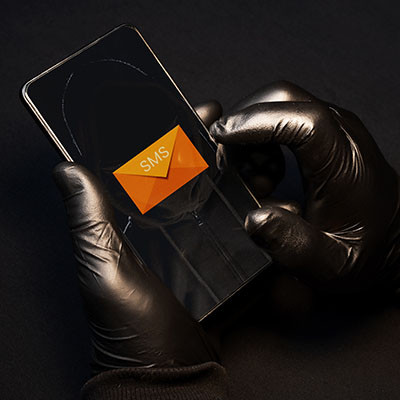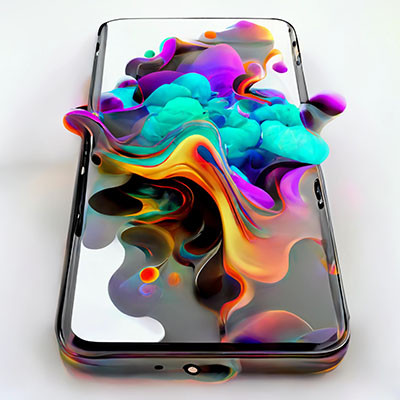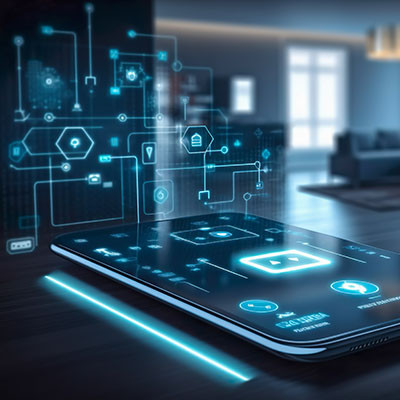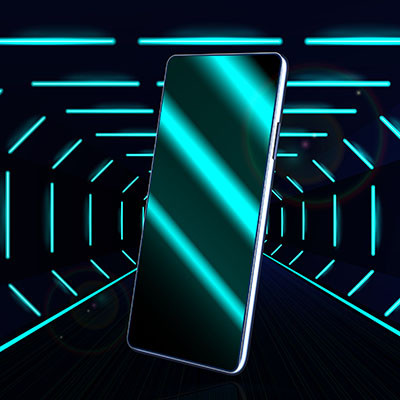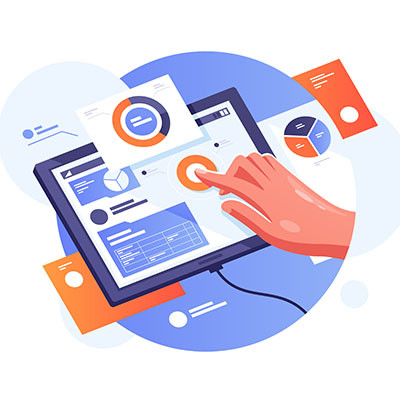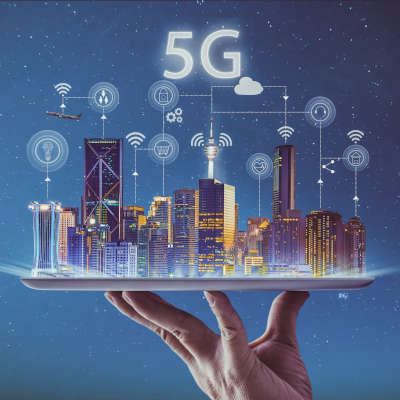Jackson Thornton Technologies News + Updates
Mobile devices like smartphones have become synonymous with productivity, allowing people to get work done while on-the-move, yet in the same breath, you could say they are synonymous with distraction. With the right practices and the right apps, however, you can mitigate these challenges and be quite productive with a smartphone. Let’s explore how.
We discuss phishing often on this blog, and one method that often flies under the radar is smishing, or phishing that is conducted through SMS messages. Although email phishing is perhaps the most common method of conducting these scams, you should also be prepared to take on smishing, as it comes with its own share of unique challenges and dangers.
Each year, we take some time and take a look at the most interesting new smartphones that are being released. Over the past few years, fewer companies are making smartphones and throughout the whole industry, innovation has seemed to slow. Whether this is a result of rigid market dynamics, supply shortages, or the extraordinary costs it takes to manufacture and source components, it has taken some of the largest technology companies in the world—such as Amazon, LG, and HTC—out of the market and presented limited opportunities for other global technology leaders such as Microsoft, Sony, and Nokia.
It’s undeniable that the smartphone is one of the best inventions of the 21st century. You can tell that by their adoption rates. These devices have completely changed the way people communicate, recreate, and work. They are so new that it’s funny to think that maybe in the very near future, these devices will be nothing more than trash in the world’s landfills. Today, we will briefly discuss what comes after the smartphone.
Are you the kind of person that frequently checks your phone to remove the myriad of notifications that come in from seemingly every app on your phone? In the course of doing that frequent clean up you may have cleared a notification that you may need. This month we will tell you how to turn on your Android device’s notification history feature.
Technology gets better and more efficient over time, and smartphones are one of today’s standout examples. Although their growth has stagnated a bit in recent years, it’s no small thing to say that smartphone innovation has really taken off, offering extremely fast processors, data storage in the cloud, and so much more. Let’s go over what you might look at when you purchase a new smartphone.
Remember about a decade ago when all of the tech experts were predicting that most work would be done on a touch-screen device, prompting many professionals to purchase the latest and greatest tablets? Although tablet sales have not kept up over the years, they are still perfectly usable for personal purposes—maybe just not in the workplace. Still, we have to ask, is there a place for tablets in the office environment?
The Internet of Things is an amalgamation of countless connected devices that all perform various functions. Many of these devices are being used in ways that businesses never thought possible. In fact, the Internet of Things and its boundless amount of connected devices have given manufacturers and corporations even more opportunities to get birds-eye views of operations, inventory management, and supply chain management.
We’ve all been in situations where we just need our smartphone battery to last just a little bit longer, just until we can get home to plug it in. Unfortunately, due to the nature of smartphone batteries, they will ultimately degrade over time, no matter how many precautions we take during our day-to-day happenings. To help you get the most juice out of your smartphone’s battery, we have compiled some tips that might help ease the pain of a slowly dying battery.
It is a well-known and unfortunate fact that technology does not last forever, and in today’s era of upgrades, no time has this been more true than in the modern day. Therefore, it makes sense for businesses to have a plan in place for when it does come time to replace older devices. This, of course, involves the proper disposal of connected devices, a practice that could very easily be done in a way that is both destructive to the environment and devastating for data privacy if done improperly. We’re here to make sure this doesn’t happen.
We know that you might not feel comfortable traveling yet, and for good reason, but when you do, it is extremely important that you take steps to protect the technology you take with you on the road. Here are some of the best ways that you can keep your mobile devices safe while out of the office and traveling.
Think how much has changed in the past 20 years. The Internet went from dial-up to broadband. Cellular networks have brought computing to more people through the use of computers that fit in your pocket. These mobile devices have changed the way that we communicate, changed the way business works, and changed the way we go about our daily lives. Let’s talk about how mobile is the predominant type of computing being used in society today.
Few technologies in our time have been as anticipated as the fifth generation of wireless communications. 5G, as it is colloquially known, is promising to bring a whole new level of automation to society and business. One place 5G is sure to make big waves is with the Internet of Things, the billions of smart devices and services that are increasingly being leaned on as a new economy emerges. Today, we will take a brief look at 5G’s current state, its capabilities, and what it means for the future of the Internet of Things.
The average person checks their phone 58 times a day. With so much use, many users want to know that they have a powerful smartphone that will give them the best chance of having the proper tool when they need it. The flagship smartphones—being the best devices each manufacturer releases each year—typically give users all the bells and whistles they need to be successful. Let’s take a look at some of the top smartphones available right now.
If there’s one trend that is going to continue having an impact on a business’ technology, it’s mobility. People are simply doing more while mobile, having the technology to shop, manage their finances, and yes, work productively. Let’s pause and consider how a small business could leverage this mobility to its benefit.




